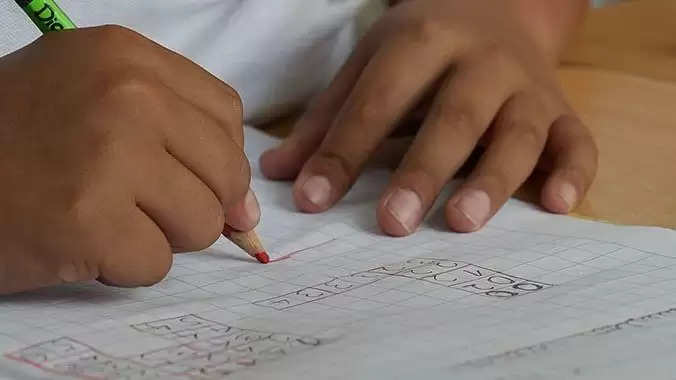Meghalaya: Shillong schools to see low attendance ahead of reopening as parents still apprehensive of COVID-19 virus

By Anirban Paul and Andre Kongri
Shillong
Ahead of schools reopening from Nov 30 for class 9 – 12 in Meghalaya, schools in Shillong are likely to see low attendance, with parents still apprehensive of sending their children to school due to the COVID-19 pandemic.
“Although everything has opened up in the city but it is still a fact that the pandemic is active. Parents have been discussing amongst themselves and while we know that the online medium has hampered learning, it is still better than contracting the virus,” said Bethelda Warjri (name changed on request), a parent of a class 10 student from Seven Set School.
Similar concerns were also raised by some parents from Brookside School, Auxilium School and St. Thomas Secondary School to whom TNT- The Northeast Today spoke.
The government had issued guidelines on Nov 27, stating that reopening schools was necessary to complete the syllabus and to ensure preparations for board examinations were not hampered. The government had also stated earlier that attendance was not mandatory and children could still continue with online classes.
“We are not particularly happy with the government’s decision. The government has made an announcement just before the end of the year and the beginning of the holiday season where only few days remain for classes,” said Father Anthony Kharkongor, Principal of St. Anthony’s Higher Secondary School.
“We have decided to not conduct exams as of now. We’ll conduct them only on January last week,” he said, adding that the government needs to clarify guidelines on conducting examinations.
The government also permitted full reopening for classes 6-8 in rural areas and partial reopening in semi-urban and urban areas.
However, a concern still remains for the students who hail from rural areas but study in the cities.
The Principal of St. Margaret’s Higher Secondary School, Sister Mary Saio, said the school was not expecting students from rural areas or other states to attend classes as parents were not receptive to the idea as of now.
“It is actually a complicated issue. There is a huge burden on teachers as well. If both online and offline modes of teaching simultaneously continue, it is ultimately the teachers who will have a lot of work to do,” she said, adding that children from the rural areas would also be at a disadvantage if they could not attend classes in schools because many children suffer from lack of good internet connectivity.
Dasuk War, in-charge of Cherished Buds School in Lummawbah, expressed a similar concern adding that the management was unable to reach out to parents of students living in remote villages due to connectivity issues. The few they reached out to were clear that they would not send their children as of now.
While connectivity remains a problem, the situation is far worse for some students.
“My daughter has missed out more than half the classes in the pandemic as we could not spend too much on internet recharges. But although I want her to study, if by any chance she contracts the virus by going to school, where will we get the money for treatment? My husband is just a sweet-shop worker,” said Suman Devi, mother of a student of Laban Bengali Girls Higher Secondary School.
(Edited by Ibankyntiew Mawrie)

















